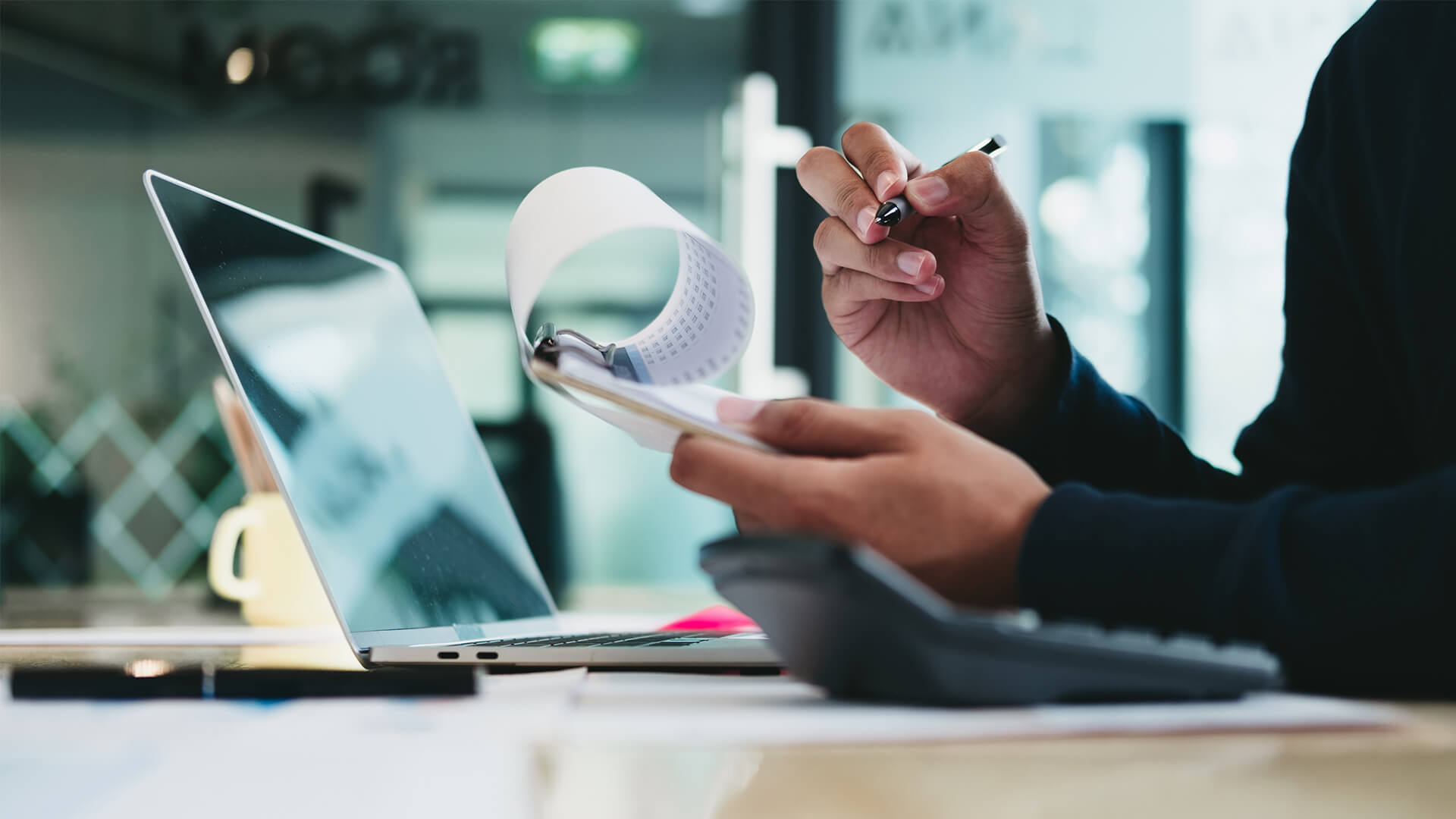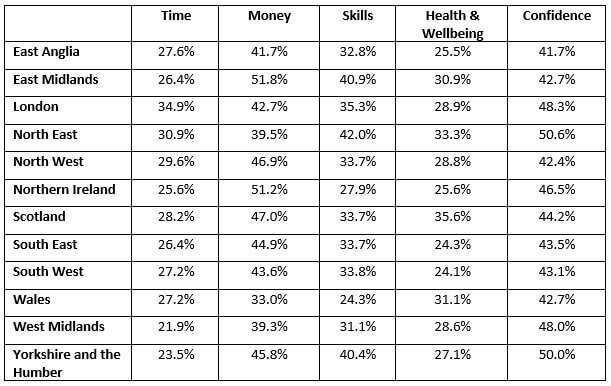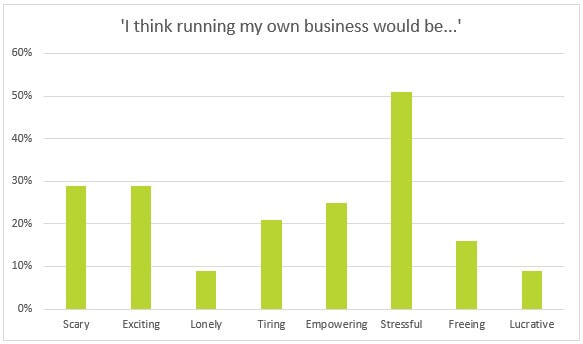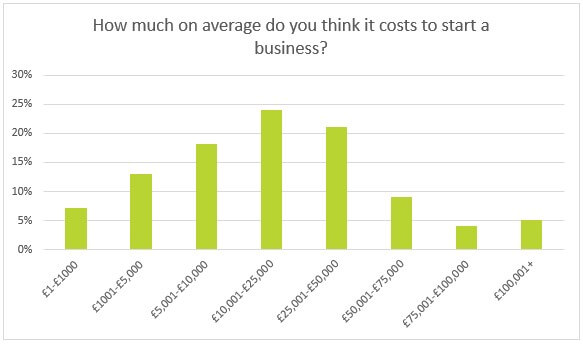New UK Government data revealed that 2018 was the first year since 2000 that the total number of businesses in the UK fell, down 27,000 from 5,695,000 to 5,668,000.
That might not sound like much at first, but it’s a reversal of an 18-year trend that’s otherwise seen the number of UK businesses grow year after year, by 63% altogether.
It also follows on from the largest recorded decrease in UK business births, seen between 2016 and 2017 – a drop of 32,000 that was greater even than the effects the 2008 financial crash had on the birth rate of new businesses.
96% of all UK businesses are classed as micro businesses with fewer than 10 employees, so this downturn essentially signals a slowing of the nation’s startup sector.
Here at Capify we work with small businesses and their finances day in and day out, and we wanted to figure out what the root causes of these issues were. So, we set out to discover what barriers were stopping potential UK startups from, well, starting up.
To help us get to the bottom of the phenomenon, we carried out a survey of 2000 respondents from across the UK. The results gave us a unique insight into what was preventing more people from getting entrepreneurial and going it alone.
Survey Results
The first significant finding from our survey was that 48% of people have seriously considered starting their own business.
This was what we wanted to hear, but it raised the question: if so many people are seriously interested in starting their own business, why aren’t they doing it?
We presented our survey respondents with a range of potential barriers that might have stopped them from starting up a business and asked them to tell us which ones were a factor in them choosing not to go solo. This is what we found:
What’s stopping startups?
Across the UK as a whole, confidence-based factors were the biggest block to people beginning their own business, with 45% saying lack of confidence was holding them back.
The perceived initial financial costs of setting up a business were a close second barrier to startups, with 44% of people saying the expense would stop them from establishing a business.
In third place were skill-based barriers, with 34% of people saying they didn’t feel like they had the necessary skills to go it alone.
Health and wellbeing factors and general time constraints were least commonly seen as a barrier to setting up a business, but 28% and 27% of people respectively still said they were a concern.
These five categories were made up of even more specific barriers in our survey, giving us a better understanding of what exactly was stopping people from setting up shop:











